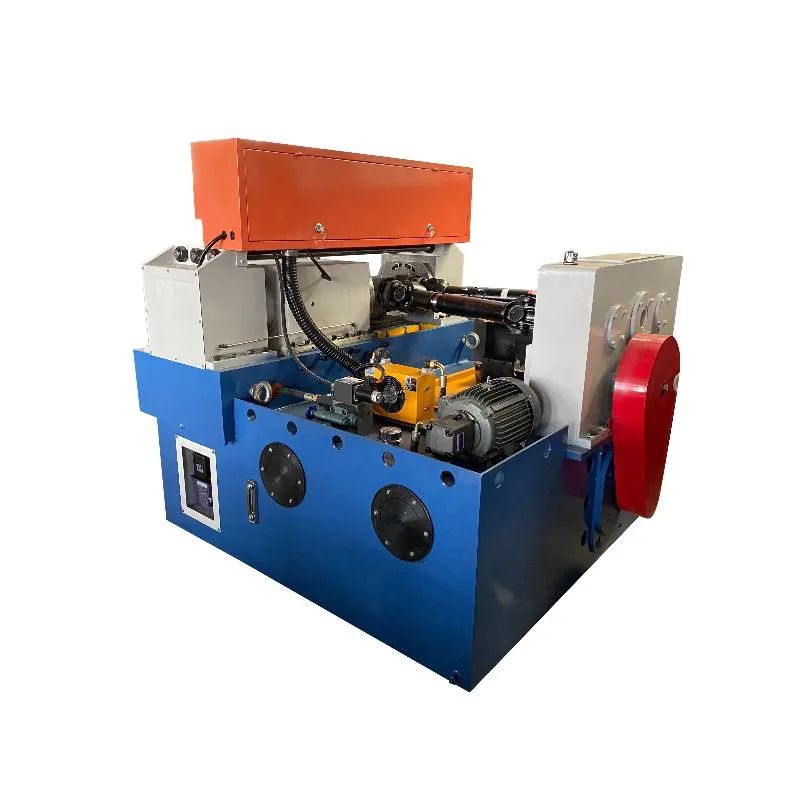
-
 Afrikaans
Afrikaans -
 Albanian
Albanian -
 Amharic
Amharic -
 Arabic
Arabic -
 Armenian
Armenian -
 Azerbaijani
Azerbaijani -
 Basque
Basque -
 Belarusian
Belarusian -
 Bengali
Bengali -
 Bosnian
Bosnian -
 Bulgarian
Bulgarian -
 Catalan
Catalan -
 Cebuano
Cebuano -
 Corsican
Corsican -
 Croatian
Croatian -
 Czech
Czech -
 Danish
Danish -
 Dutch
Dutch -
 English
English -
 Esperanto
Esperanto -
 Estonian
Estonian -
 Finnish
Finnish -
 French
French -
 Frisian
Frisian -
 Galician
Galician -
 Georgian
Georgian -
 German
German -
 Greek
Greek -
 Gujarati
Gujarati -
 Haitian Creole
Haitian Creole -
 hausa
hausa -
 hawaiian
hawaiian -
 Hebrew
Hebrew -
 Hindi
Hindi -
 Miao
Miao -
 Hungarian
Hungarian -
 Icelandic
Icelandic -
 igbo
igbo -
 Indonesian
Indonesian -
 irish
irish -
 Italian
Italian -
 Japanese
Japanese -
 Javanese
Javanese -
 Kannada
Kannada -
 kazakh
kazakh -
 Khmer
Khmer -
 Rwandese
Rwandese -
 Korean
Korean -
 Kurdish
Kurdish -
 Kyrgyz
Kyrgyz -
 Lao
Lao -
 Latin
Latin -
 Latvian
Latvian -
 Lithuanian
Lithuanian -
 Luxembourgish
Luxembourgish -
 Macedonian
Macedonian -
 Malgashi
Malgashi -
 Malay
Malay -
 Malayalam
Malayalam -
 Maltese
Maltese -
 Maori
Maori -
 Marathi
Marathi -
 Mongolian
Mongolian -
 Myanmar
Myanmar -
 Nepali
Nepali -
 Norwegian
Norwegian -
 Norwegian
Norwegian -
 Occitan
Occitan -
 Pashto
Pashto -
 Persian
Persian -
 Polish
Polish -
 Portuguese
Portuguese -
 Punjabi
Punjabi -
 Romanian
Romanian -
 Russian
Russian -
 Samoan
Samoan -
 Scottish Gaelic
Scottish Gaelic -
 Serbian
Serbian -
 Sesotho
Sesotho -
 Shona
Shona -
 Sindhi
Sindhi -
 Sinhala
Sinhala -
 Slovak
Slovak -
 Slovenian
Slovenian -
 Somali
Somali -
 Spanish
Spanish -
 Sundanese
Sundanese -
 Swahili
Swahili -
 Swedish
Swedish -
 Tagalog
Tagalog -
 Tajik
Tajik -
 Tamil
Tamil -
 Tatar
Tatar -
 Telugu
Telugu -
 Thai
Thai -
 Turkish
Turkish -
 Turkmen
Turkmen -
 Ukrainian
Ukrainian -
 Urdu
Urdu -
 Uighur
Uighur -
 Uzbek
Uzbek -
 Vietnamese
Vietnamese -
 Welsh
Welsh -
 Bantu
Bantu -
 Yiddish
Yiddish -
 Yoruba
Yoruba -
 Zulu
Zulu
Exploring the Best Options for Purchasing Bolt Rolling Machines Online
The Importance of Buying a Bolt Rolling Machine
In today’s fast-paced manufacturing landscape, efficiency and precision are paramount. One of the key players in achieving these goals in the fastener production industry is the bolt rolling machine. This specialized machinery is designed to produce high-quality bolts with minimal waste, making it an essential investment for any manufacturer focusing on fasteners.
Understanding Bolt Rolling Machines
A bolt rolling machine is a pivotal tool used in forming bolts and other fasteners through a process called thread rolling. Unlike traditional cutting methods that remove material to create threads, bolt rolling machines work by deforming the material, which leads to a more robust product. This method not only ensures the integrity of the bolt but also enhances its strength, making it less prone to failure under stress.
The process begins with a cylindrical rod of metal, typically made from steel or alloy. The rod is fed into the machine, where it is squeezed between two rollers that have the desired thread profile. As the rollers turn, they compress and shape the metal into the specific bolt configuration. This method is not only efficient in terms of time but also significantly reduces material wastage, making it a cost-effective solution for manufacturers.
Benefits of Investing in a Bolt Rolling Machine
1. Cost Efficiency One of the most significant advantages of using a bolt rolling machine is its cost efficiency. By utilizing thread rolling instead of cutting, manufacturers can minimize material loss and reduce manufacturing costs. The initial investment in the machine is often quickly offset by the savings gained from reduced scrap and faster production times.
buy bolt rolling machine

2. Enhanced Product Quality Products made with a bolt rolling machine generally exhibit superior quality. The rolling process strengthens the bolt by aligning the grain structure of the metal, resulting in a product that is more durable and reliable compared to those made with cutting methods. This quality assurance is crucial, especially in industries where safety is a priority, such as automotive and aerospace.
3. Increased Production Speed Bolt rolling machines are designed for high-speed operations. They can produce large quantities of bolts in a shorter amount of time, significantly increasing production capabilities. This aspect is vital for businesses that need to meet high demand or those looking to scale their operations.
4. Versatility Many bolt rolling machines are designed to handle various sizes and types of bolts. This versatility allows manufacturers to adapt quickly to market demands, producing different products without investing in additional machinery. Features such as adjustable rollers and programmable controls can make transitioning from one product to another seamless.
5. Reduced Worker Fatigue and Improved Safety Automating the bolt production process reduces the manual labor required, thereby decreasing worker fatigue and improving overall safety on the shop floor. With less manual handling, the risk of workplace injuries decreases, allowing for a healthier working environment.
Conclusion
For manufacturers involved in producing fasteners, investing in a bolt rolling machine is not just a choice—it’s a strategic move that can enhance efficiency, quality, and profitability. As the market continues to evolve, those who embrace advanced manufacturing technologies will find themselves at a competitive advantage. From cost savings and speed to enhanced quality and safety, the benefits of a bolt rolling machine are clear. By investing in this machinery, manufacturers position themselves for long-term success in the fast-paced world of production. When considering equipment for your manufacturing needs, a bolt rolling machine can prove to be a wise investment that pays dividends for years to come.
